Noticia
UPS professor was part of the first sentence for racial discrimination in Ecuador
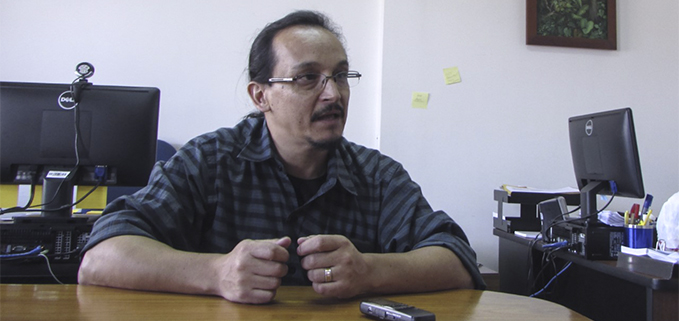
UPS Professor Gino Grondona Opazo was appointed the expert in the case of racial discrimination against Michael Arce, an Afro-Descendant, who was discriminated by his instructor in the Eloy Alfaro Military School in 2011. "The aim of the technical examination in social psychology, the first of this kind in the country, was to develop a theoretical foundation about the concepts of stereotype, prejudice and racial discrimination which are considered hate crimes in the criminal code", said Gino Grondona.
Regarding his job, he said: "I used scientific, theoretical and empirical information from the field of social psychology which allowed me to state that racial discrimination is based in the process of social categorization that differentiates us from other groups"
Professor Grondona thought it was important to point out that this cognitive process has social origins and is based in the construction of stereotypes (simple mental images) that are associated to prejudice (emotions or intense affection), which results in discriminatory behavior that can begin with neglecting and end up with physical aggression.
He also said that in the case of racism, the fact that stereotypes and prejudice are widely shared by socially dominant groups, allows us to state that discrimination towards afro Ecuadorians is not a personalized phenomenon. This type of discrimination is expressed through verbal behavior and physical aggression.
It is the first time there is a sentence in Ecuador for racial hatred, which was ratified on July 5, 2016 by the judges of the National Court of Justice (CNJ). This statement implies a penalty of imprisonment for the accused person, the obligation to make a public apology to the affected person, dissemination of the sentence in electronic and official media, the payment of damages and legal costs. Also, the sentence includes mandatory psychological treatment for both the victim and the accused person.
Contenidos Relacionados
Contenidos Relacionados
Noticias Relacionadas
Noticias Relacionadas

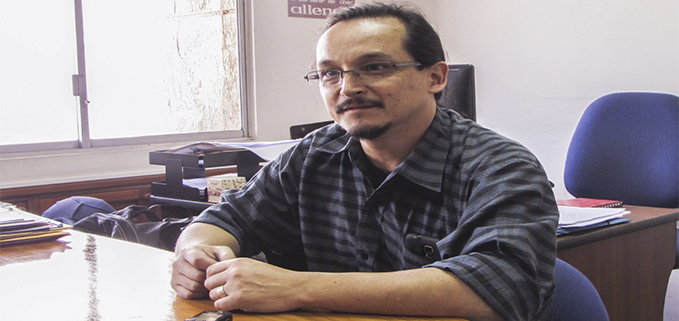
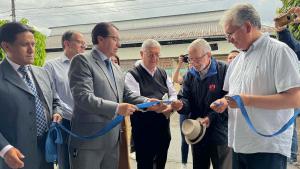
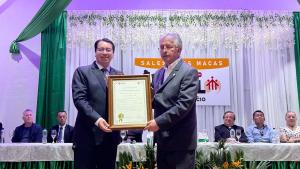
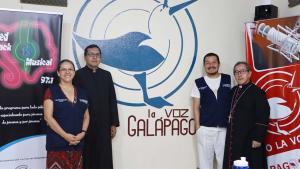
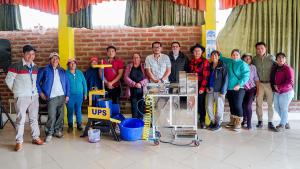
Follow us
Follow us